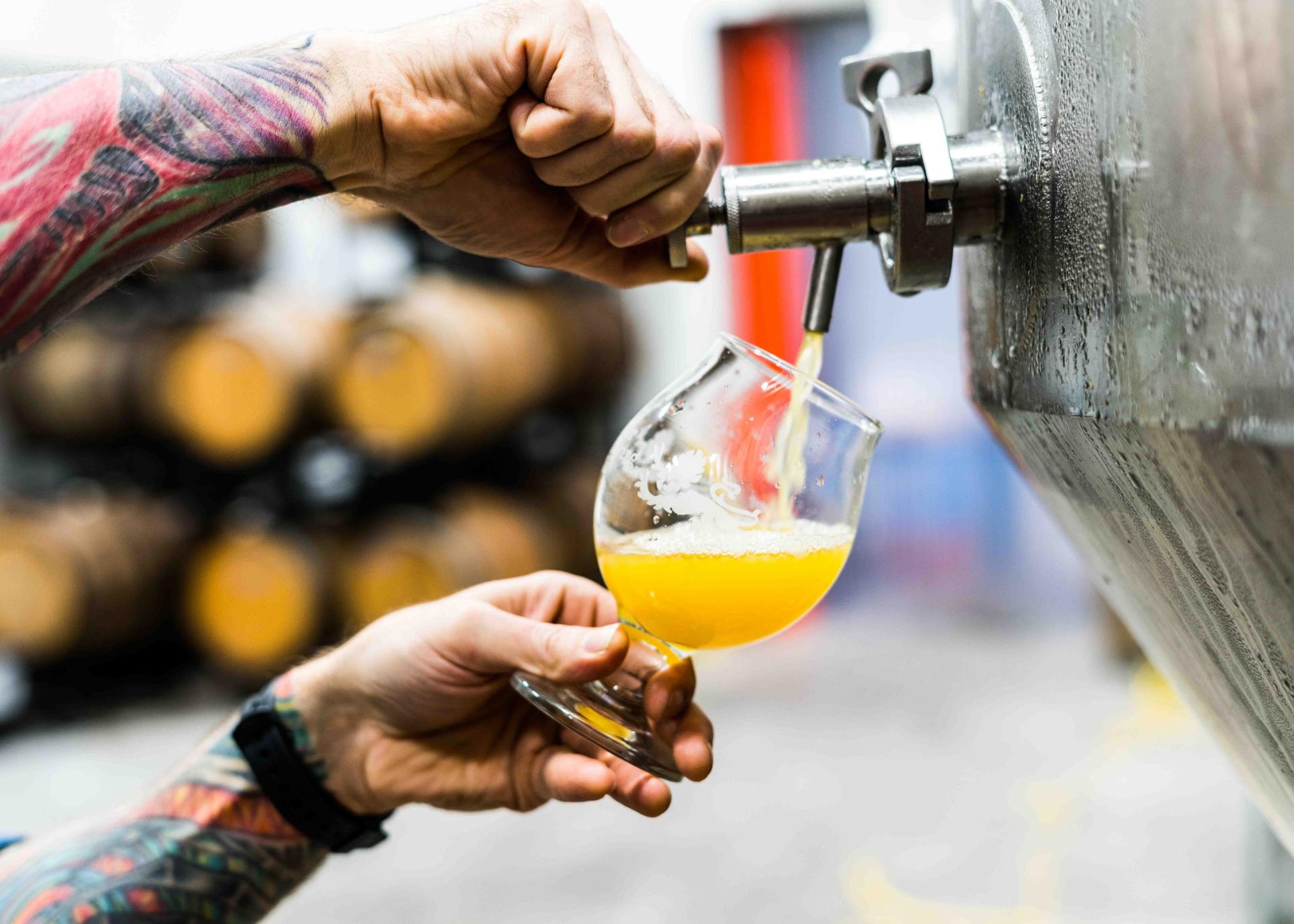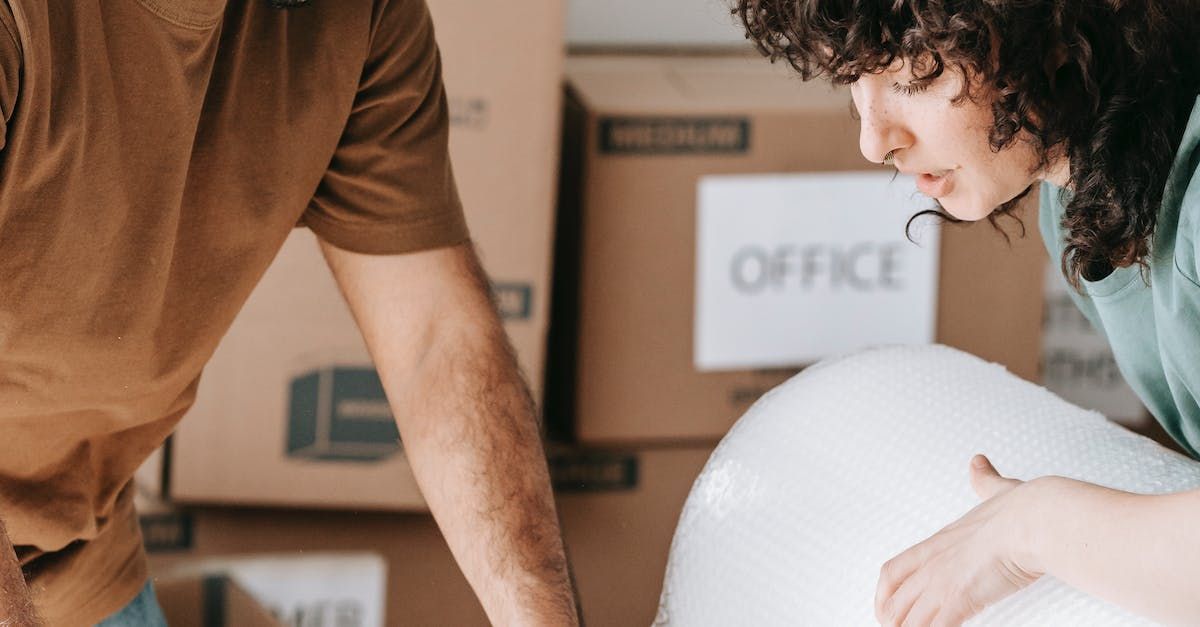Helping bars, restaurants, brewpubs, and liquor stores attain or renew their TABC alcohol licenses and permits in Texas.

A liquor license is a permit from the government that allows someone to sell alcoholic beverages. In Texas, a business must obtain a liquor license through the Texas Alcoholic Beverage Commission (TABC) anytime they are handling, selling, or serving alcohol. Additionally, the business operation and employees must both be within TABC compliance. The Texas Alcoholic Beverage Code determines liquor licensing in the Lone Star State.
Texas’ Three-Tier System For Alcohol Permitting and Licensing
While there are numerous types of licenses and permits, Texas operates under a three-tier system that should operate independently from each other:
- Manufacturing: for those who make alcoholic beverages;
- Distribution/Wholesale: for those who deliver them to businesses; and
- Retail: those who sell directly to consumers.
Knowing and understanding what type of liquor license you’ll need and what the exact laws are regarding liquor licenses in your area is very important. Laws and regulations may vary based on your county and city. For example, counties and cities often vote to determine if they will become a wet or dry area. For more information on wet and dry areas for your city or county, see our
TABC Application Process and Wet/Dry Area web page. There are so many
things to do in Texas, however, they are well-known for their pubs and bars.
What Are The Common Types of Liquor Licenses And Permits?
Once you know you are in a wet area, you will need to select the type of license and/or permit necessary to sell, serve or distribute the type of alcohol you are promoting. The common types of licenses and/or permits include the following:
- FOOD AND BEVERAGE CERTIFICATE (FB): A Food and Beverage Certificate may be issued to the holder of a Beer Retailer's On-Premise Permit or Wine and Beer Retailer's Permit if food service is the primary business being operated on the licensed premises, etc;
- WINE AND BEER RETAILER'S PERMIT (BG): Authorizes sell for consumption on or off the premises where sold but not for resale, beer, ale, malt liquor and wine not more than 14 percent or 17 percent, etc;
- RETAIL DEALER'S OFF PREMISE LICENSE (RF): Holder may sell beer in a lawful container direct to the consumer but not for resale and not to be opened or consumed on or near the premises;
- WINERY PERMIT (G): Authorizes the manufacture, bottle, label and package wine containing not more than 24 percent alcohol by volume, etc; and
- BREWPUB LICENSE (BP): Authorizes the manufacture, brew, bottle, can, package and label malt liquor, ale, and beer; sell or offer without charge, on the premises of the brewpub, to ultimate consumers for consumption on or off those premises, malt liquor, ale or beer produced by the holder in or from a lawful container, etc.
More types of permits and/or licenses can be found on our TABC Licensing web page.
Who Is Eligible To Obtain A Texas Liquor License?
Generally speaking, and subject to the site location selected being capable of selling or distributing alcohol, a business owner is eligible to obtain a Texas liquor license if the following conditions are met:
- The owner has no felony convictions within the past five years;
- No violations of state liquor laws within the past two years; and
- No moral turpitude violations of liquor laws within the past six months.
How Long Does It Take To Get Approved For A Liquor License?
According to the TABC it can take 45 to 60 days to obtain a liquor license after paperwork is submitted, but it is not unheard of for approval to take up to six months to a year. Once received, a license or permit is good for 2 years and expires on the second anniversary of the date it is issued.
How Much Does It Cost To Get A Texas Liquor License?
Full liquor licenses can range from $12,000 to $400,000, while beer and wine liquor licenses can cost as low as $3,000. Most often owners of bars and restaurants in your local area are more than willing to share their knowledge of costs and expenses to acquire the license. Most are very friendly and willing to talk about their experience with the TABC.
Texas Liquor License Fines and Penalties
TABC officers routinely visit establishments throughout the year and can find any number of violations resulting in fines. Multiple violations can ultimately lead to an alcohol license being revoked. Most common violations include:
- Minor Related Offenses (employing, selling to, or serving alcohol to a minor);
- Sale or service of an alcoholic beverage to an intoxicated person;
- Selling during unauthorized times; and
- License, permit holder, or any employee being intoxicated.
Our attorneys assists current and new bars, restaurants, brewpubs, and liquor stores attain or renew their TABC license and permit. We help you navigate through the complex, research-intensive process confirming all required certifications from the city, county, Texas Secretary of State, and the Texas Comptroller of Public accounts are accurate to ensure no delays or denial of your license. For more information on the Texas Alcohol Licensing Process, see our web pages.


Have an idea for a blog? Click and request a blog and we will let you know when we post it!
Let’s talk about your legal issue
Wilson Legal Group P.C.
d/b/a Wilson Whitaker Rynell
(972) 248-8080 (Dallas) MAIN OFFICE
(713) 830-2207 (Houston) Appointment Only
(512) 691-4100 (Austin) Appointment Only
For more information on how we can assist in your intellectual property, commercial litigation, divorce, or other personal needs, let us know how we can help you:
How Can We Help You?
WILSON WHITAKER RYNELL
Thank you for contacting us!
We will get back to you as soon as possible.
Please try again later.
Disclaimer:
This form does not establish an attorney-client relationship, and should only be used to contact the firm about scheduling a call or meeting. No confidential or sensitive information should be sent using this form.
The law office of Wilson Legal Group P.C. (d/b/a Wilson Whitaker Rynell) represents clients nationwide, including Dallas, Austin, Houston, and other Texas areas such as Fort Worth, Arlington, Carrollton, Plano, Allen, Lewisville, Flower Mound, Irving, Denton, McKinney, North Richland Hills, and all cities within Dallas County, Tarrant County, Collin County, and Denton County.
OFFICES
ABOUT
CONTACT
BLOG
JOIN OUR NEWSLETTER
Wilson Whitaker Rynell
16610 Dallas Parkway, Suite 1000
Dallas, Texas 75248
972-248-8080 (MAIN)
972-248-8088 (FAX)
info@wrrlegal.com (E-MAIL)











